Do judges merely enforce and interpret the law? Or do they at times interpolate words into statutes, even into the Constitution? Where does interpretation end and rewriting commence? The failure of other institutions to discharge their duty has compelled courts to step far outside their traditional role. In doing so, have they stretched the law and Constitutions too far? Has their intervention been effective? Or have they run the risk of compounding cynicism? What are the prerequisites that judges need to ensure before they take on the work – however compelling the need – of others? How is it that in one judgment a court declares that it is the right of Ministers to determine how far and in what direction a criminal investigation shall be carried, and in another the same court, indeed the same judge decides to as good as monitor an investigation? How is it that in some cases a court delves into detailed facts, into facts that do not just bear on the case but on why a law was passed, and in another the same court lays it down as a principle that facts are not to be considered once the legislature has passed a law? What happens when a weak political class throws away an instrument the country desperately needs for combating terrorism – even when the courts have upheld the constitutional validity of that weapon? And what happens when the executive and the judiciary walk in tandem – the executive considering each concession it is making by itself, and the courts considering each issue that arises as a consequence in isolation? How come the court acquiesces so readily when the electoral law is overturned, when it is blatantly overturned to protect a person convicted of electoral malpractices? But as good as shuts its eyes to the law that has been passed to deal with the situation that has come to prevail in regions taken over by terrorists? Can a public sector enterprise proclaimed by the courts to be the ‘State’ of India compete in the commercial world? Should private engineering and medical colleges be anointed as the ‘State’ of India? Should concern for equality and fairness be taken to such lengths that bringing an officer to book takes seventeen years? True, the Constitution provides that no one shall be deprived of his life or liberty except by procedure prescribed by law. May one then, as the court has done, reason as follows: ‘life’ means not just physical existence but ‘life with dignity’; life cannot be lived with dignity unless one gets an adequate salary; imams of mosques are as entitled to living with dignity as anyone else; therefore, when the community cannot pay an adequate salary to imams, the State of India must? What happens to the economy when the interest alone on a project between the stay granted by the court and its final judgment costs government Rs. 3900 crore? How can we attract foreign investment when international arbitration proceedings can be thwarted thro9ugh the court for eleven years? And what about the executive? How far is it responsible for bringing things to the current pass? Has it paid heed to repeated admonitions of courts that it desist from frivolous appeals? What is its record as a litigant? Why is it that institutions that are set up to do what the courts are routinely unable to do, soon end up being just the clones of the courts they were intended to substitute? And what about the basic premise of the legal profession – that a lawyer must put forward ‘the best case’ for his client? What consequences does this premise wreak? Is there some other rule by which the profession may work? Is the first duty of the lawyer to his client or as an officer of the court? Searing answers, evidence, dissection of judgments on these and other issues. A must for our times, a must for strengthening the country.
Two Saints: Speculations Around and About Ramakrishna Paramahamsa and Ramana Maharishi
The life of Ramakrishna ...
$42.30
$47.00

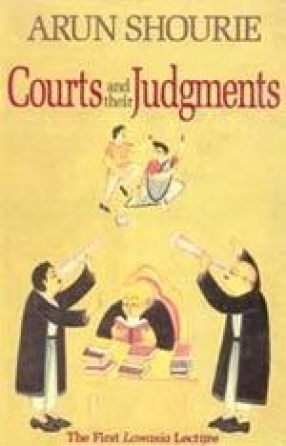
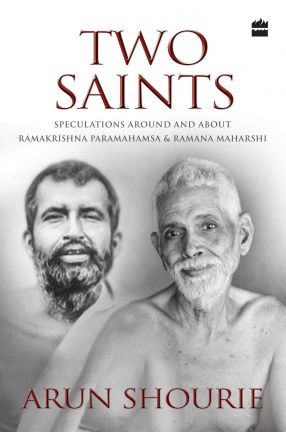
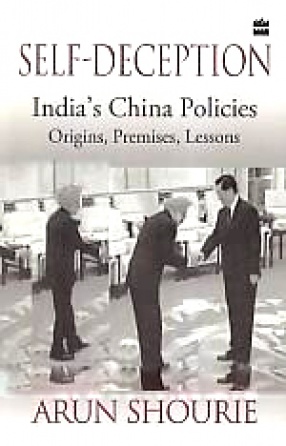
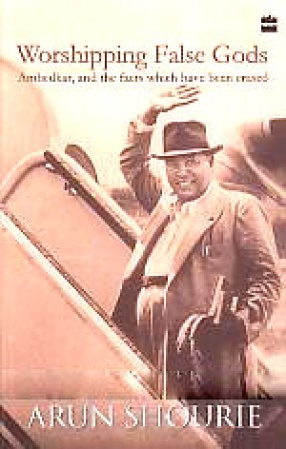
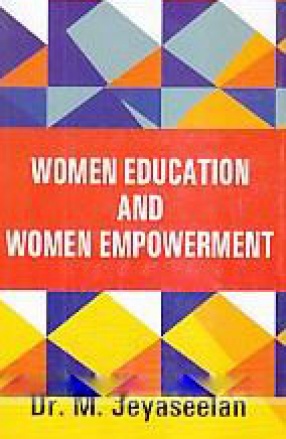
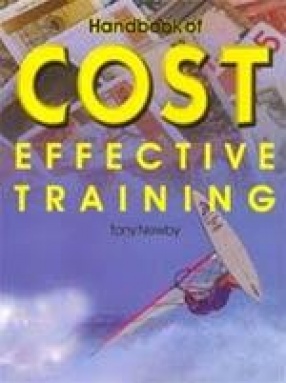
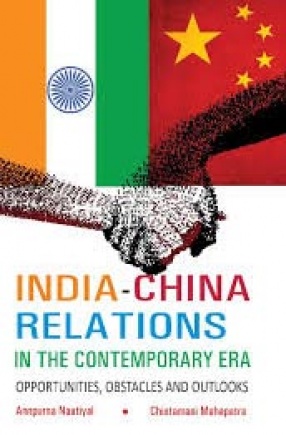
There are no reviews yet.